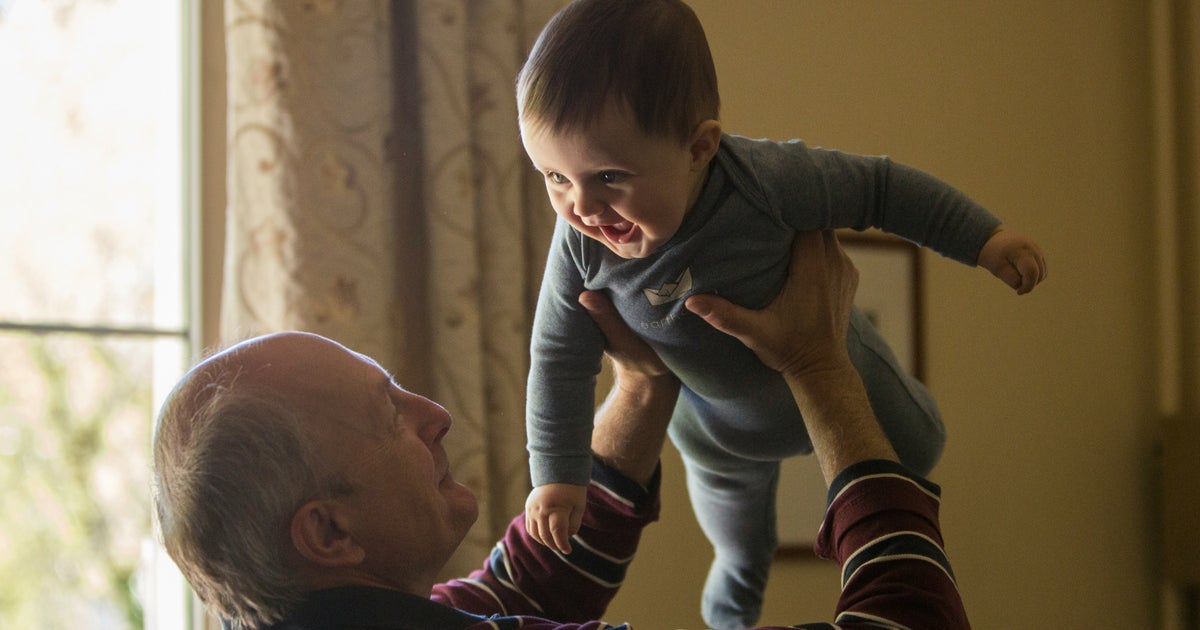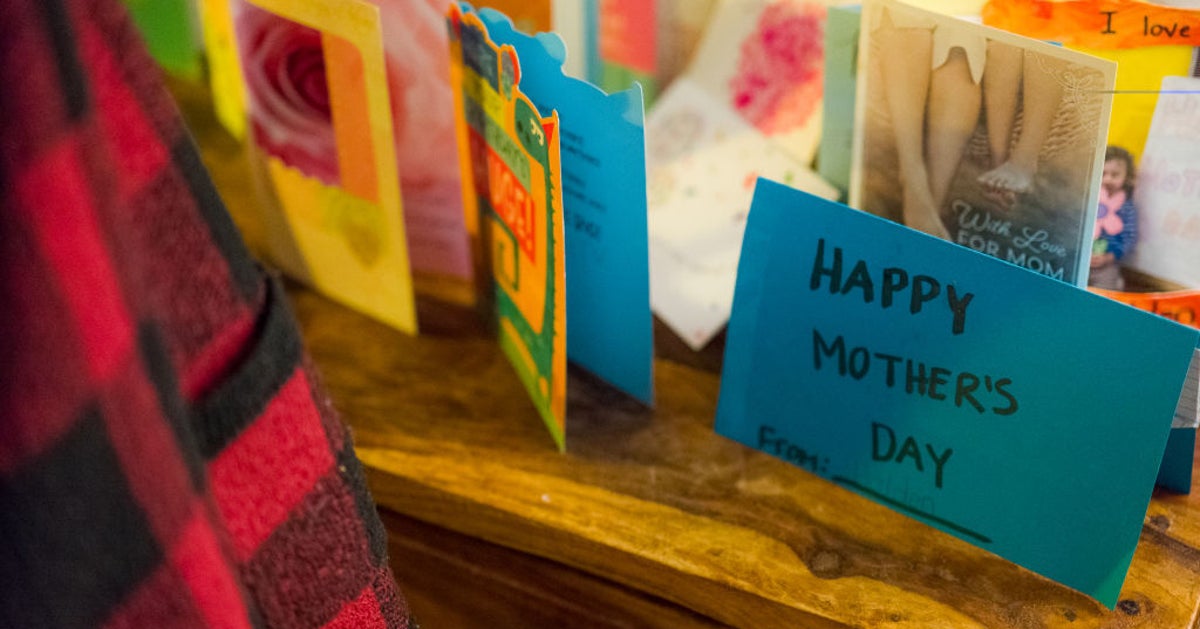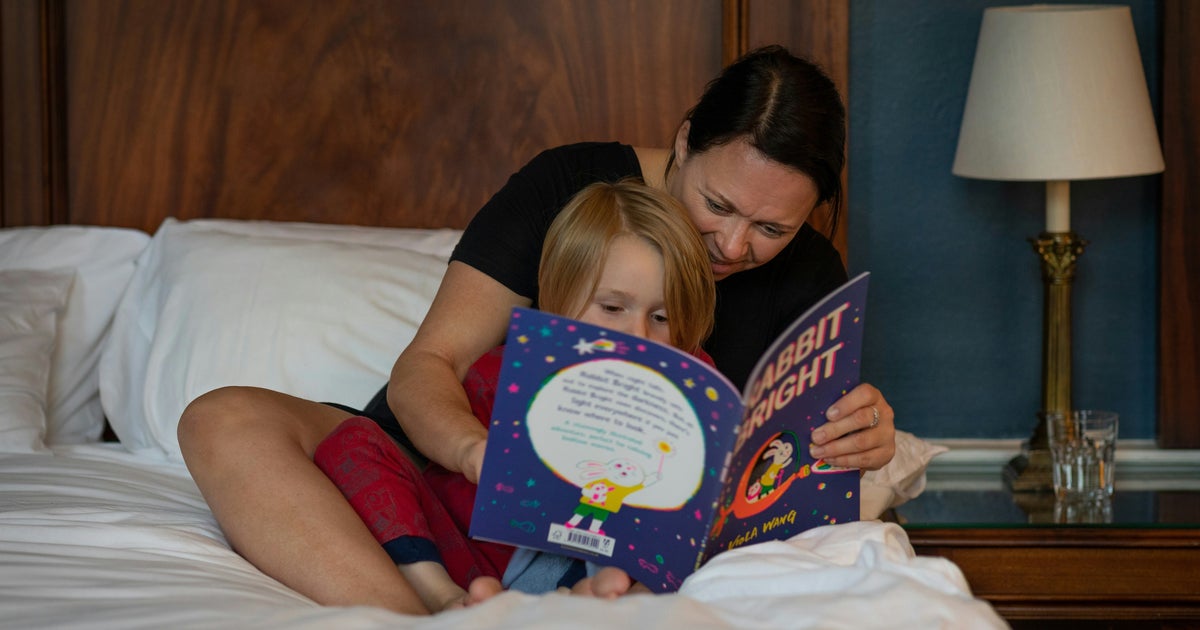<div class="js-react-hydrator" data-component-name="YouTube" data-component-id="6977" data-component-props="{"itemType":"video","index":15,"contentIndexByType":2,"contentListType":"embed","code":"
","type":"video","meta":{"author":"Not Gonna Lie with Kylie Kelce","author_url":"https://www.youtube.com/channel/UCmCEofjQiLDJYUCFu_zlfPA","cache_age":86400,"description":"Kylie’s back for a brand new episode of Not Gonna Lie presented by Liquid Death and kicks the show off by finally announcing the winner of the NGL Fan Name poll! Let’s just say Kylie is conflicted…\n\nAfter that, Kylie gets brutally honest about the phenomenon that is Birth Plans in this week’s edition of “Can I Be Honest?” She explains what they are, her very short personal birth plan and also calls out people in comment sections who have decided what does and does not qualify as giving birth.\n\nThen, Kylie is joined by yet another woman she has no business speaking to: the original American Idol, Grammy Award winning superstar Kelly Clarkson! Kylie and Kelly get right into their Eagles-Cowboys rivalry, as Kylie claims Kelly is one of very few Dallas fans she’d ever agree to have on the show.\n\nKelly also tells a story about bumping into Jalen Hurts, Saquon Barkley and the Eagles offensive line when they were in New York filming an episode of The Tonight Show. Kylie and Kelly get to talking about Jason’s Philly Special Christmas album, Jordan Mailata’s incredible voice and whether or not Kelly would be willing to cross enemy lines and join the next Eagles album.\n\nKylie then throws it back to Kelly’s American Idol days where she shares what that experience was really like in the first season of the show, her success afterwards and if it’s true that America found their best vocalist on the first try. \n\nKelly also gets into what it was like to join The Voice as a coach and help out singers who were in the same position she was in when she first started out. \n\nLastly, Kylie asks Kelly about the best piece of motherhood advice she’s ever received. Kelly and Kylie also bond over their kids not being happy when they leave for work and the realities that come with being a working mother.\n\nAs always, these episodes are capped at 45 minutes so make sure you tune into More Sh*t Monday on the Not Gonna Lie YouTube channel for exclusive clips from Kylie’s longer conversation with Kelly Clarkson.\n.\n.\n.\nDownload the full podcast here:\nApple: https://podcasts.apple.com/us/podcast/not-gonna-lie-with-kylie-kelce/id1780888125\nSpotify: https://open.spotify.com/show/0RgXbSGGmwpzAyeLHbDqUD?si=4585dab89c4f4c11&nd=1&dlsi=e178bf324b99403f\n\nFollow Not Gonna Lie on Social Media for all the best moments from the show: \nlnk.to/j61XD8\n\nSupport the Show: \n\nLiquid Death: Go to http://liquiddeath.com/kylie for $2 off any 2 six-packs! Liquid Death is available nationwide anywhere you shop for water or iced tea\n\nKelly Clarkson Tickets: https://www.kellyclarkson.com/home#tour\n\nChapters: \n00:35 – Intro\n01:35 – NGL Fan Name Winner\n03:08 – Birth Plans\n11:48 – Kelly Clarkson joins NGL\n12:15 – Eagles-Cowboys Rivalry\n14:18 – Eagles Christmas Album\n18:30 – Kelly’s Music Label\n20:30 – American Idol\n24:00 – Kelly’s Song Covers\n26:57 – Belting a Note\n31:45 – Coaching on The Voice\n36:59 – Best Motherhood Advice\n40:20 – Working Mom Challenges\n\n#kyliekelce #kellyclarkson #ngl #podcast #nfl #eagles #cowboys #americanidol #thevoice #comedy","options":{"_cc_load_policy":{"label":"Closed captions","value":false},"_end":{"label":"End on","placeholder":"ex.: 11, 1m10s","value":""},"_start":{"label":"Start from","placeholder":"ex.: 11, 1m10s","value":""},"click_to_play":{"label":"Add your own player cover","value":false}},"provider_name":"YouTube","thumbnail_height":720,"thumbnail_url":"https://i.ytimg.com/vi/1kGTeatTFwU/maxresdefault.jpg","thumbnail_width":1280,"title":"Kylie & Kelly Clarkson on America’s Best Vocalist, A Christmas Album Offering & Birth Plans | Ep. 16","type":"video","url":"https://www.youtube.com/watch?v=1kGTeatTFwU","version":"1.0"},"flags":[],"enhancements":{},"fullBleed":false,"options":{"theme":"life","device":"desktop","editionInfo":{"id":"uk","name":"U.K.","link":"https://www.huffingtonpost.co.uk","locale":"en_GB"},"originalEdition":"uk","isMapi":false,"isAmp":false,"isAdsFree":false,"isVideoEntry":false,"isEntry":true,"isMt":false,"entryId":"67e69443e4b0f69ef1d34fd3","entryPermalink":"https://www.huffingtonpost.co.uk/entry/kylie-kelce-tells-people-who-mom-shame-over-c-sections-to-fk-right-off_uk_67e69443e4b0f69ef1d34fd3","entryTagsList":"birth,c-section,kylie-kelce,@us_huffpost_now,@widget-imported","sectionSlug":"parents","deptSlug":null,"sectionRedirectUrl":null,"subcategories":"","isWide":false,"headerOverride":null,"noVideoAds":false,"disableFloat":false,"isNative":false,"commercialVideo":{"provider":"custom","site_and_category":"uk.parents","package":null},"isHighline":false,"vidibleConfigValues":{"cid":"60afc140cf94592c45d7390c","disabledWithMapiEntries":false,"overrides":{"all":"60b8e525cdd90620331baaf4"},"whitelisted":["56c5f12ee4b03a39c93c9439","56c6056ee4b01f2b7e1b5f35","59bfee7f9e451049f87f550b","5acccbaac269d609ef44c529","570278d2e4b070ff77b98217","57027b4be4b070ff77b98d5c","56fe95c4e4b0041c4242016b","570279cfe4b06d08e3629954","5ba9e8821c2e65639162ccf1","5bcd9904821576674bc55ced","5d076ca127f25f504327c72e","5b35266b158f855373e28256","5ebac2e8abddfb04f877dff2","60b8e525cdd90620331baaf4","60b64354b171b7444beaff4d","60d0d8e09340d7032ad0fb1a","60d0d90f9340d7032ad0fbeb","60d0d9949340d7032ad0fed3","60d0d9f99340d7032ad10113","60d0daa69340d7032ad104cf","60d0de02b627221e9d819408"],"playlists":{"default":"57bc306888d2ff1a7f6b5579","news":"56c6dbcee4b04edee8beb49c","politics":"56c6dbcee4b04edee8beb49c","entertainment":"56c6e7f2e4b0983aa64c60fc","tech":"56c6f70ae4b043c5bdcaebf9","parents":"56cc65c2e4b0239099455b42","lifestyle":"56cc66a9e4b01f81ef94e98c"},"playerUpdates":{"56c6056ee4b01f2b7e1b5f35":"60b8e525cdd90620331baaf4","56c5f12ee4b03a39c93c9439":"60d0d8e09340d7032ad0fb1a","59bfee7f9e451049f87f550b":"60d0d90f9340d7032ad0fbeb","5acccbaac269d609ef44c529":"60d0d9949340d7032ad0fed3","5bcd9904821576674bc55ced":"60d0d9f99340d7032ad10113","5d076ca127f25f504327c72e":"60d0daa69340d7032ad104cf","5ebac2e8abddfb04f877dff2":"60d0de02b627221e9d819408"}},"connatixConfigValues":{"defaultPlayer":"8b034f64-513c-4987-b16f-42d6008f7feb","clickToPlayPlayer":"5a777b9b-81fe-41a6-8302-59e9953ee8a2","videoPagePlayer":"19654b65-409c-4b38-90db-80cbdea02cf4"},"topConnatixThumnbailSrc":"https://img.connatix.com/2757f9a5-9d3c-4e0f-bcf4-6284bcf6701b/1_th.jpg?crop=629:354,smart&width=629&height=354&format=jpeg&quality=60&fit=crop","customAmpComponents":[],"ampAssetsUrl":"https://amp.assets.huffpost.com","videoTraits":null,"positionInUnitCounts":{"buzz_head":{"count":0},"buzz_body":{"count":0},"buzz_bottom":{"count":0}},"positionInSubUnitCounts":{"article_body":{"count":4},"blog_summary":{"count":0},"before_you_go_content":{"count":0}},"connatixCountsHelper":{"count":1},"buzzfeedTracking":{"context_page_id":"67e69443e4b0f69ef1d34fd3","context_page_type":"buzz","destination":"huffpost","mode":"desktop","page_edition":"en-uk"},"tags":[{"name":"birth","slug":"birth","links":{"relativeLink":"news/birth","permalink":"https://www.huffingtonpost.co.uk/news/birth","mobileWebLink":"https://www.huffingtonpost.co.uk/news/birth"},"url":"https://www.huffingtonpost.co.uk/news/birth/"},{"name":"c-section","slug":"c-section","links":{"relativeLink":"news/c-section","permalink":"https://www.huffingtonpost.co.uk/news/c-section","mobileWebLink":"https://www.huffingtonpost.co.uk/news/c-section"},"url":"https://www.huffingtonpost.co.uk/news/c-section/"},{"name":"Kylie Kelce","slug":"kylie-kelce","links":{"relativeLink":"news/kylie-kelce","permalink":"https://www.huffingtonpost.co.uk/news/kylie-kelce","mobileWebLink":"https://www.huffingtonpost.co.uk/news/kylie-kelce"},"url":"https://www.huffingtonpost.co.uk/news/kylie-kelce/"}],"isLiveblogLive":null,"isLiveblog":false,"cetUnit":"buzz_body","bodyAds":["
\r\n\r\n HPGam.cmd.push(function(){\r\n\t\treturn HPGam.render(\"inline-1\", \"entry_paragraph_1\", false, false);\r\n });\r\n\r\n","
\r\n\r\n HPGam.cmd.push(function(){\r\n\t\treturn HPGam.render(\"inline\", \"entry_paragraph_2\", false, false);\r\n });\r\n\r\n","
\r\n\r\n HPGam.cmd.push(function(){\r\n\t\treturn HPGam.render(\"inline-2\", \"entry_paragraph_3\", false, false);\r\n });\r\n\r\n","
\r\n\r\n HPGam.cmd.push(function(){\r\n\t\treturn HPGam.render(\"inline-infinite\", \"repeating_dynamic_display\", false, false);\r\n });\r\n\r\n"],"adCount":0},"isCollectionEmbed":false}”>























